Karagula: An interview with playwright Philip Ridley
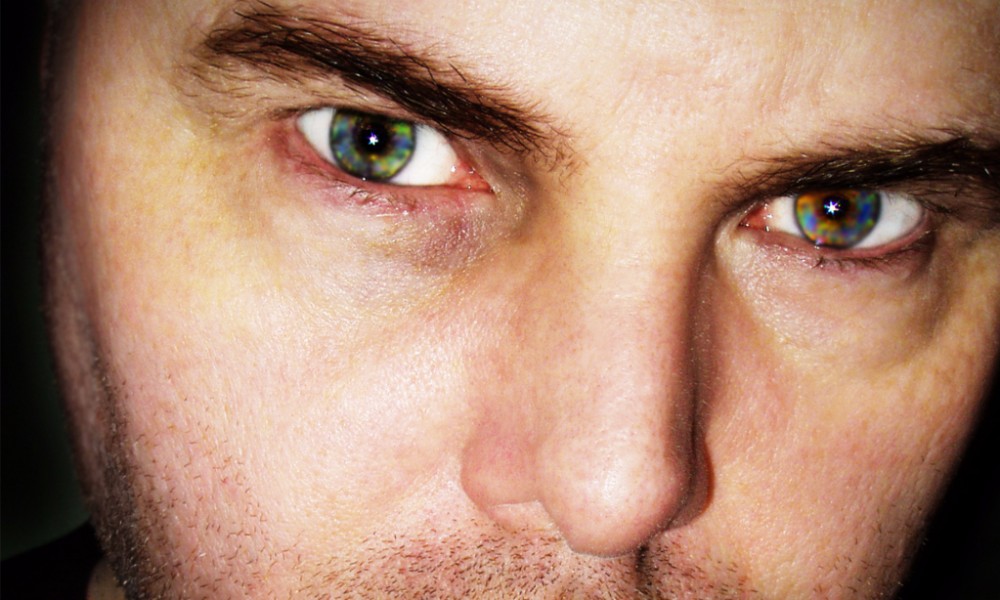
As if churning out play after critically acclaimed play were not enough, East London’s very own Philip Ridley has enjoyed success with his screenplays, books, children’s shows, poems and songs (and that’s not the end of the list). His latest play, Karagula, comes to a secret location in London this June. It’s presented by DEM Productions, theatre company PIGDOG and Soho Theatre, and it’s been described as a “sweeping fantasy epic”. We couldn’t wait to hear more from the man himself.
Do you remember where your first seed of inspiration for Karagula came from?
That’s always a really tricky question. I don’t have many eureka moments; I’m always making notes, drawing images, writing down ideas and pieces of dialogue in a notebook… The easiest way to describe “inspiration” is “it’s like a bomb explosion in reverse”. You start with lots of broken up shrapnel all over the place and you can’t see how it all fits together, but gradually it comes together and forms something. So I suppose you could say I have lots of mini eureka moments – eurekaettes – rather than one big one.
We’ve heard it’s an epic fantasy. Who provides your fantasy benchmark?
I didn’t realise I was writing an “epic fantasy” until I got to end and others started telling me. I never know the story I’m telling until I get to the end. If it started like a fantasy epic I might have been too intimidated. Like any big journey, you have to take it a step at a time – first you concentrate on shutting the front door behind you and walking down the garden path. If you started thinking about climbing mountains and crossing oceans it would be too scary.
In fact, Karagula doesn’t start like a fantasy epic at all. It starts with something intimate, with a young couple in a park kissing, and the storytelling gradually evolves from there.
In terms of a benchmark, growing up, I read a lot of fantasy and horror novels. Authors such as Kurt Vonnegut, Ray Bradbury, Richard Matheson, Steven King and Spider-Man obsessed me. They still do.
Where does the name Karagula come from?
Well I can tell you, but then I’d have to kill you.
Can you tell us a bit about Shawn Soh’s set design?
No, because I haven’t seen it yet, but I know it’s going to be incredible!
Was it fun to do something as pared-down as Radiant Vermin, or did it make you itch for a grander scale?
I like to scare myself as much as possible when writing. It was thrilling to do something with no set or props or sound effects. Nothing.
At the back of my brain there was probably something telling me to take an unknown fork in the road and get lost in a new part of the forest. Hopefully, if I surprise myself, I’ll discover something new and so will the audiences.
You’ve also written plays (and many books) for children. Is a very young audience trickier to please?
If you want to know whether a story is working, try telling it to a classroom of children. The moment something happens that they don’t believe, they will disengage immediately! It teaches you to be very clear with your writing. You can’t take two pages of prose to explain an illogical intellectual leap. I’ve learned more from writing for children than anything else I’ve done.
To what – if anything – do you owe your darkness? And your sense of humour?
I find it odd that, after we’ve lived through the 20th century and now part of the 21st (that are both filled with so much violence), people ask me that question. I open my window and darkness flies in! Surely the more appropriate question is “given how savage the world is, how can anyone write happy plays at all?”
As for sense of humour, I enjoy the moment in stage plays when they become so dark, they’re hilarious. Humour’s so important in storytelling because if a character can make you laugh, you’re usually on that person’s side. Hannibal Lecter is the obvious reference in pop culture.
Is there a particular production of any of your works that has stuck with you?
There are far too many to list, and it would be unfair to pick one! I’ve been lucky to have been really well served by directors. However, something exciting happened after John Tiffany’s production of Mercury Fur. It triggered a whole generation new young directors who suddenly engaged with my work.
When there’s a new revival of your work, it becomes a new play. For example, there were many great productions of Pitchfork Disney in 90s, but I saw one recently and it now seems to have taken on a new meaning and be almost exclusively about religious terrorism. The plays become a tuning fork for what’s in the air.
You’ve received many awards and garnered great critical success. Does this pile on the pressure each time you present something new to the world?
The pressure doesn’t really come from anything external, but internally. I’m more in competition with myself than anyone or anything else. When you start out there’s less pressure as you have nothing to compare yourself to. But after you’ve written a few plays you start to feel the external pressure of what’s going on around you. Then, as you go on working, the pressure not only comes from what’s around you, but, more than that, the past that’s behind you.
When writing, are you ever affected by critics’ comments or audience reactions, or do you stay true to your gut?
I’m very conscious of audience’s reactions. I’m always there for all the previews, and often the shows past that to polish the play. However, I’m watching the audience more than what’s on the stage. I’ll be making notes to see what they’re reacting to. It’s all about getting the storytelling right. If they get something immediately, I might cut some dialogue out as I know we don’t have to explain it quite so much.
Much of your work takes a grim look at society. Does humanity have a chance at redemption or are we going to self-destruct?
I don’t think they do take a grim look at society at all. We have to disentangle subject matter from the experience of watching a play; the subject doesn’t dictate the effect. I’ve always maintained that any play, if it has any merit at all, fills you with a greater passion for life, no matter the subject matter. I want audiences to come out of my plays with a passion for life. That’s what it’s all about really. Passion.
Laura Foulger
Karagula is on at a secret location from 10th June until 19th July 2016, for further information or to book visit here.
Watch the trailer for Karagula here:

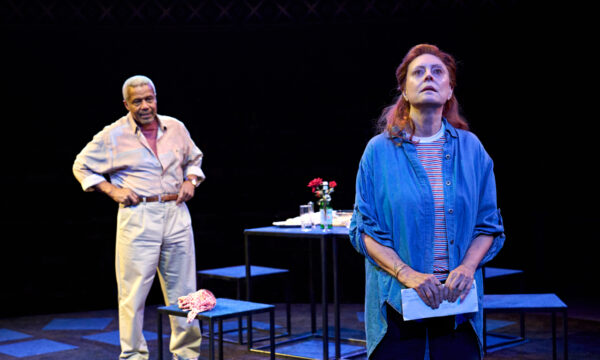
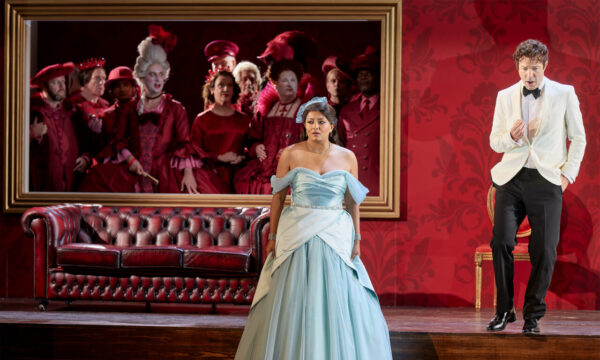
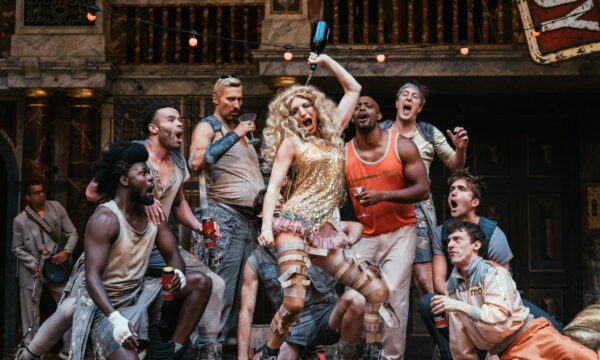
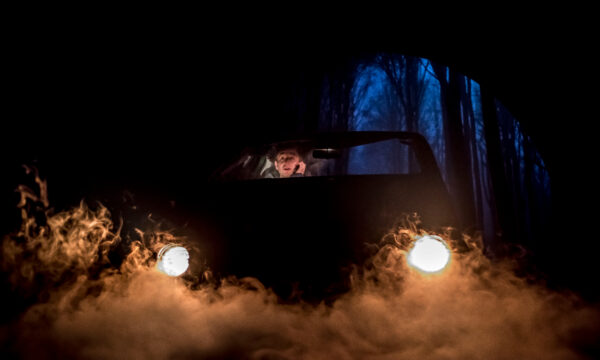
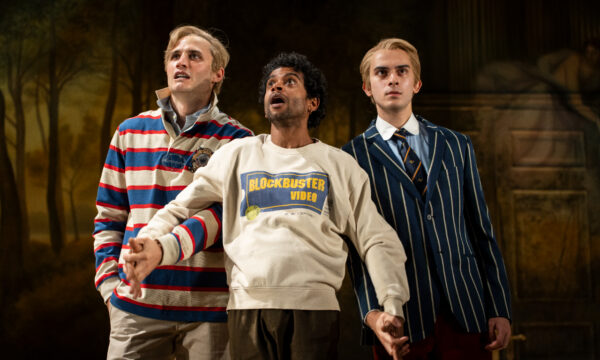
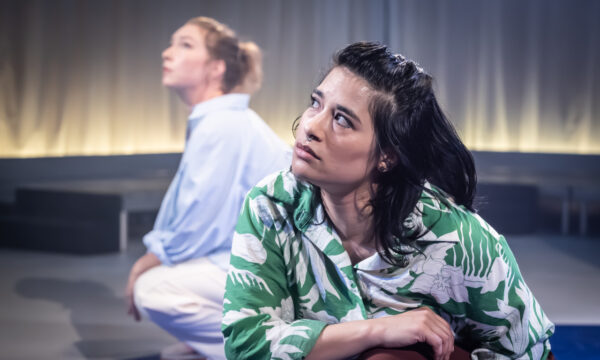
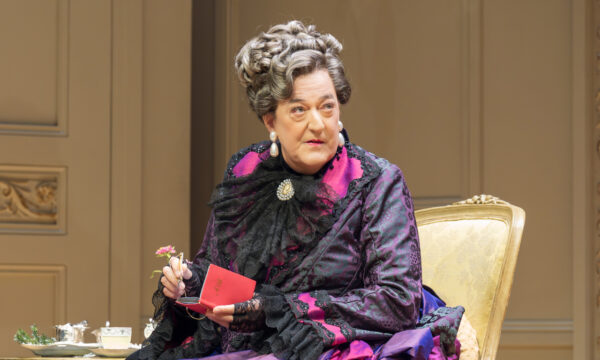
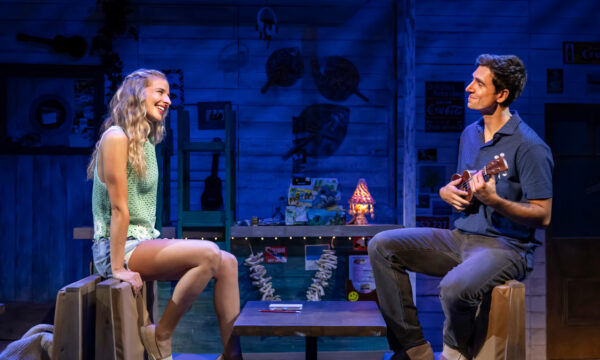
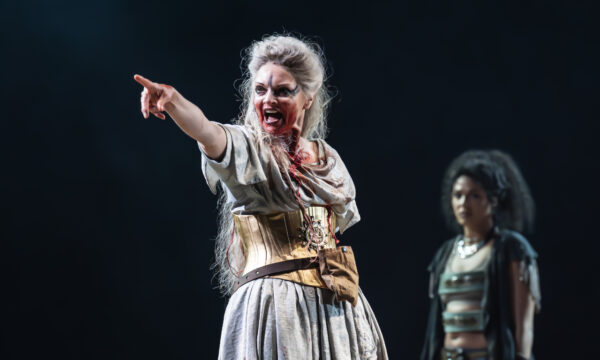
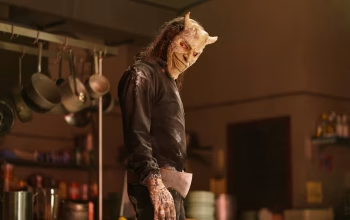

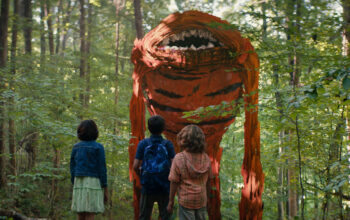










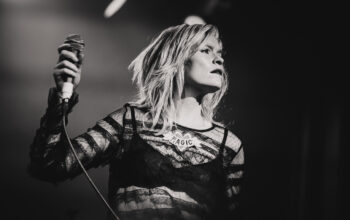
Facebook
Twitter
Instagram
YouTube
RSS